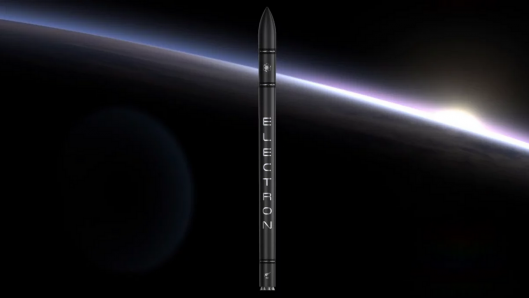
On May 16th, a Proton-M rocket took off as scheduled, but there was an unexpected engine emergency shutdown while it was trying to leave the atmosphere. The Proton-M rocket came tumbling back down to Earth after a mere 497 seconds of flight time.
Thankfully, no one was hurt in the explosion.
The crash is not without global repercussions: The Proton-M rocket that exploded was carrying a Mexican satellite, MexSat-1, which is now gone. This satellite, manufactured by Boeing, was intended as a critical component of Mexico’s national security communications infrastructure and was part of a $1 billion contract with the Mexican government.
As a result of the explosion, other projects are also being indefinitely delayed. The global communications company, Inmarsat, were planning on launching a third satellite for their global broadband service. This launch has now been postponed while the status of the Proton-M spacecrafts are carried out.
It’s been a bad few weeks for Russian space technology. The other notable example being the Progress-59 cargo spacecraft that was intended to carry essential supplies to the crew on the International Space Station (ISS). Something went wrong shortly after Progress’ take-off, and the spacecraft went spinning wildly around the Earth before burning up in the atmosphere.
This Proton-M rocket is the fourth Russian-built Proton rocket to have failed in the last two years. While investigations on why the latest explosion occurred are carried out, the science community will be raising questions concerning the reliability of Russia’s space operations.
In the meantime, check out this awesome explosion from 2013:
This is footage of a Proton-M rocket, launched in Kazakhstan, dramatically exploding shortly after take-off.
Via IFL Science






